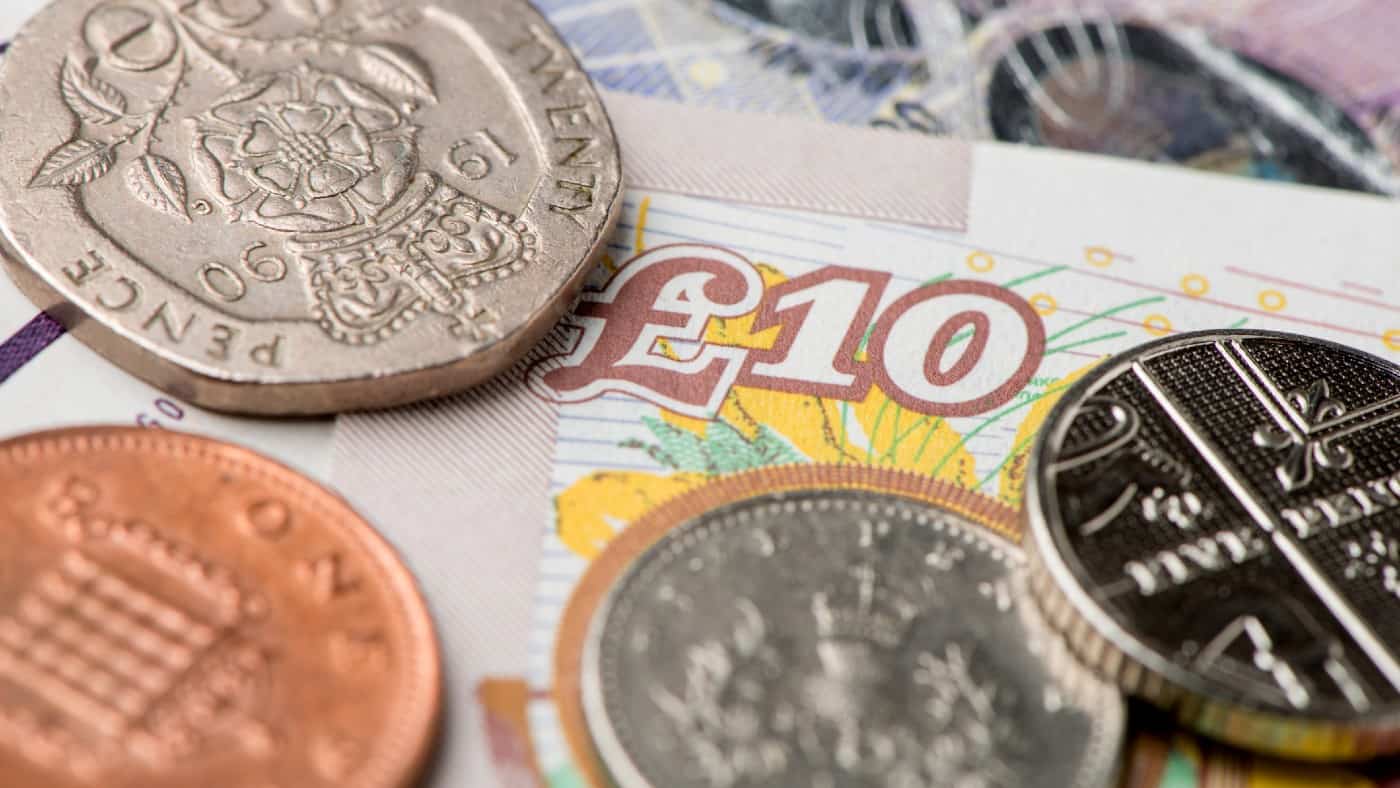Like a lot of investors, I appreciate the income I can receive from owning dividend shares. My portfolio contains several cigarette and tobacco manufacturers. Tobacco dividends are often higher than those of the wider market. Although that makes them attractive to me, one concern I always have with any dividend is its sustainability.
So, can the payouts stay at the sort of levels seen today?
High cash generation
A quick look at the market shows the point I am making about tobacco dividends.
British American Tobacco offers a dividend yield of 7.2% Rival Imperial Brands offers a slightly lower but still high yield of 7%.
Why do tobacco companies often offer high yields? Many investors shun the shares for ethical reasons. A share with limited demand among buyers will see its price held back. That can mean that dividend yields are higher than they would be for shares that are more popular with investors as a whole.
Another reason is that making and selling cigarettes is very cash generative. The process is simple and cheap. But the products can be sold at high prices. Building well-known brands and distribution networks helps give a small number of large firms substantial pricing power. As tobacco is a mature industry, those firms have limited options to reinvest excess cash in their business, so can divvy it up among shareholders.
Uncertain future
But generating massive cash flows is sometimes a double-edged sword. It may make management sloppier, as seen by the way unsuccessful investments have cost US tobacco giant Altria billions of dollars.
But it can also make it easy for a firm to borrow. The problem with that is that, like smoking, borrowing can be addictive. Britain’s cigarette companies are big borrowers. British American has adjusted net debt of £38bn, equivalent to 55% of its market capitalisation. At Imperial it is £8bn, which is 53% of the firm’s market cap. In an era of rising interest rate, having a lot of debt on the balance sheet is a risk to profits.
Meanwhile, although tobacco continues to be a hugely profitable industry, customer demand is falling. That is a threat to profits at all companies in the sector. In the long term, I think it means tobacco dividends may not continue at today’s level.
Why I own tobacco shares
But I see that risk as still quite far in the long term.
Admittedly, Imperial cut its dividend in 2020. But that put its finances on a better footing, which I think could help make it more sustainable. Last week, British American extended its decades-long streak of annual dividend raises, with a 6% year-on-year increase in its payout.
I see a risk to tobacco dividends and can imagine a world in future where some firms may be forced not just to cut their payout but to cancel it altogether. But with demand still high and significant pricing power, I think that risk may not materialise for many years or even decades.
That also gives the firms time to reorient their business models and find new revenue streams beyond cigarettes. I do not expect today’s level of tobacco dividends to last forever. But I think they could have a long time to run yet and I continue to own such shares in my portfolio.







